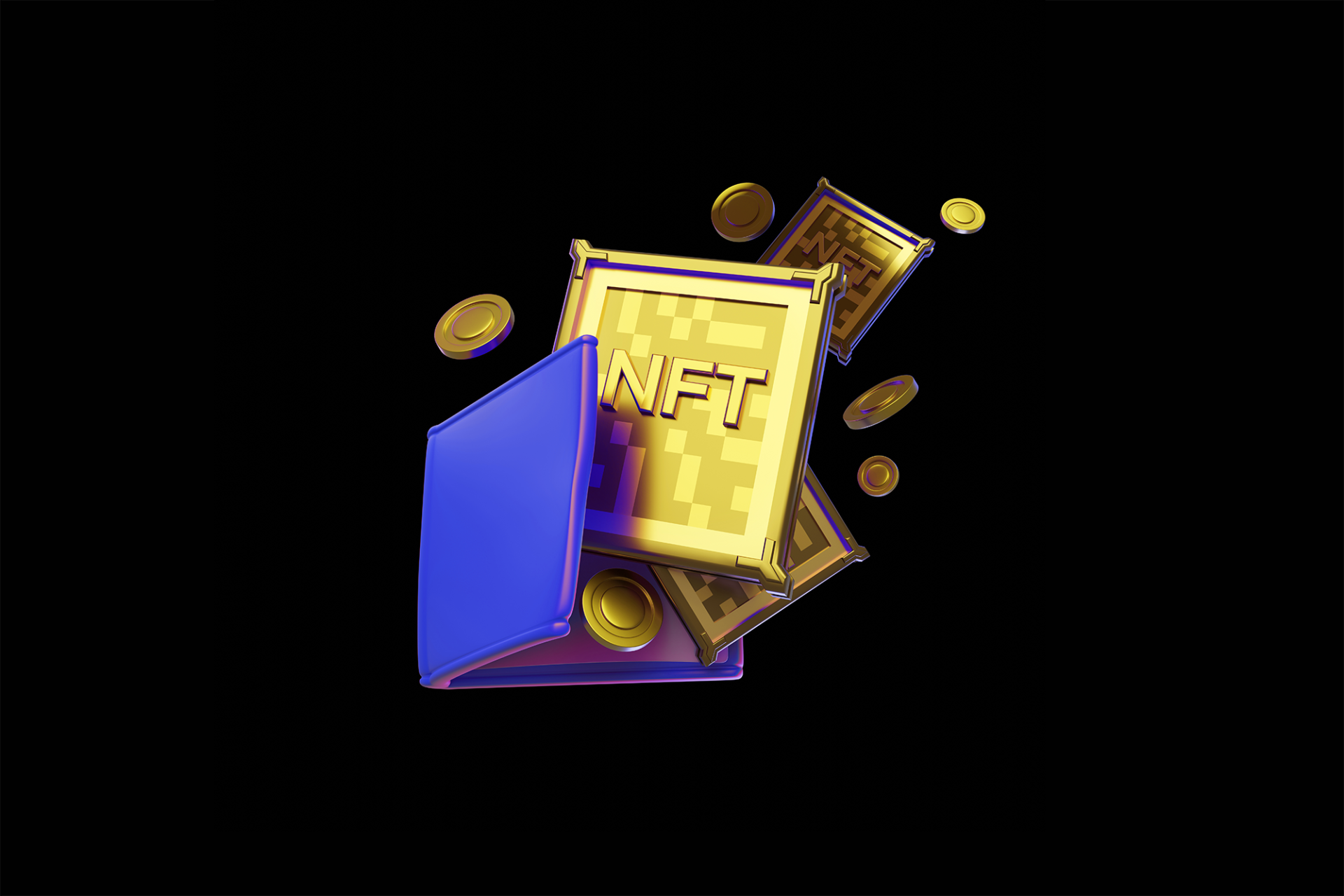How do NFT wallets work?
31/03/2022
By now you’ve probably heard the mention of NFTs. And the hype is indeed real, people. There are more being minted every day, and their popularity is on a similar trajectory as man-kini sales when Borat was first released: skyrocketing upward.
Fortunately though – for literally every single person in the entire world – that’s where the similarities between NFs and man-kinis come to an end.
If you’re thinking about getting involved in NFTs, there’s plenty you’ll need to research and understand beforehand if you want to see success. And just one important step involved in entering the NFT universe is sorting yourself out with an NFT wallet.
Psst, hey you! If you’re not 100% across what NFTs are, that’s all good – have a read of this article to bring yourself up to speed! Oh, and if everything sounds too convoluted but you still want to get involved, let us do all the heavy lifting – call 1300 818 435.
What is an NFT wallet?
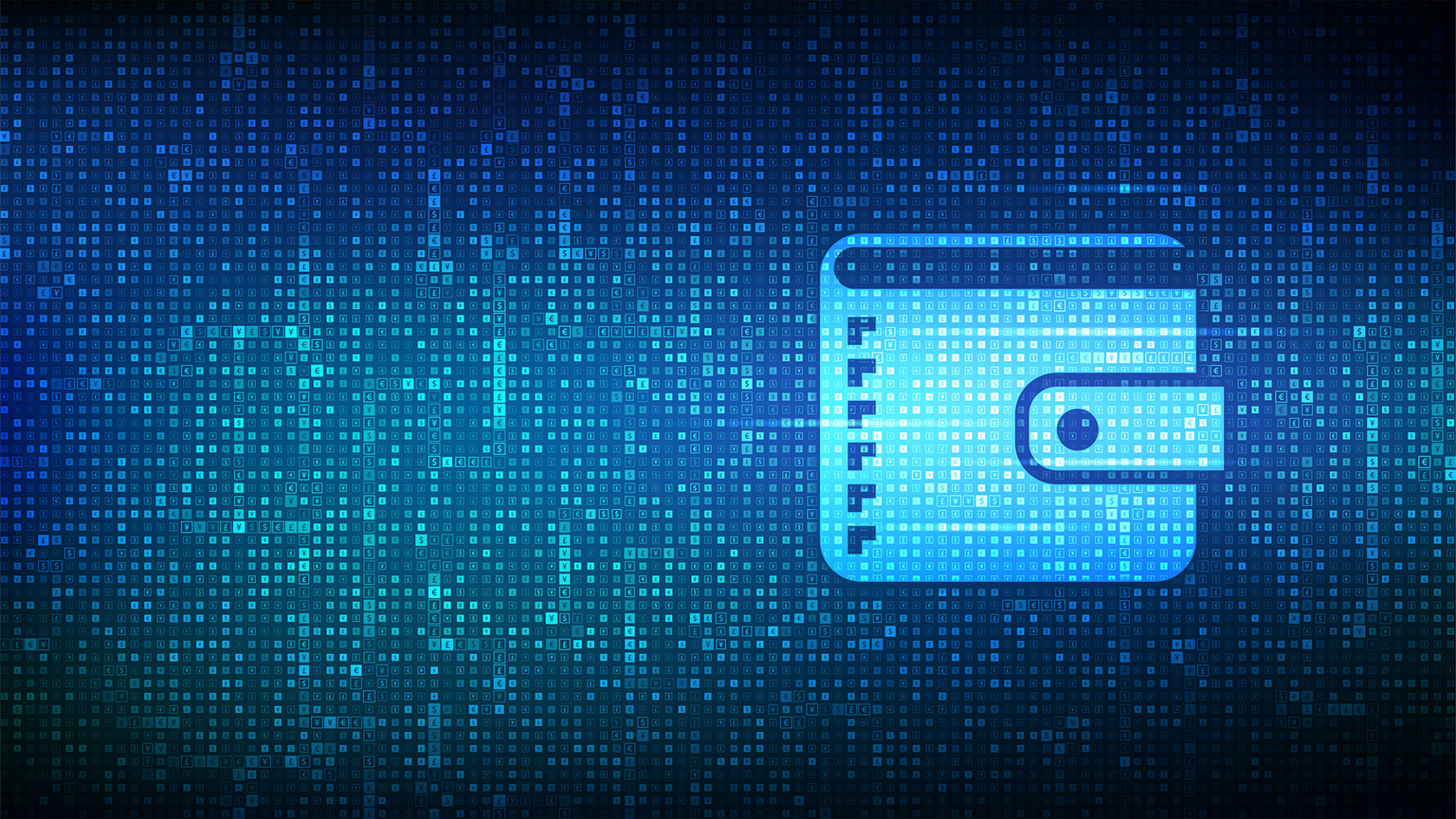
It’s always best to start at the beginning, right? I mean, this isn’t the movie Memento, is it? So let’s get into what NFT wallets are first and foremost.
So because NFTs are digital assets, the wallets you store them in are also digital. They can also store crypto in them as well.
But unlike a physical wallet that you open and have your cards and cash right there staring you in the face, an NFT wallet provides you with the means to access your crypto and NFTs wherever they are on the blockchain. Essentially, your NFT wallet stores the information that tells it where they exist on the blockchain, enabling you to ‘open’ the wallet and find your assets and/or crypto.
For those unfamiliar with blockchain, a short summary is that it’s kind of like a digital ledger which stores every transaction of crypto and NFTs specific to that blockchain. The most common blockchain for NFTs currently is Ethereum, though many NFT marketplaces are now offering multi-chain access.
The different NFT wallet types
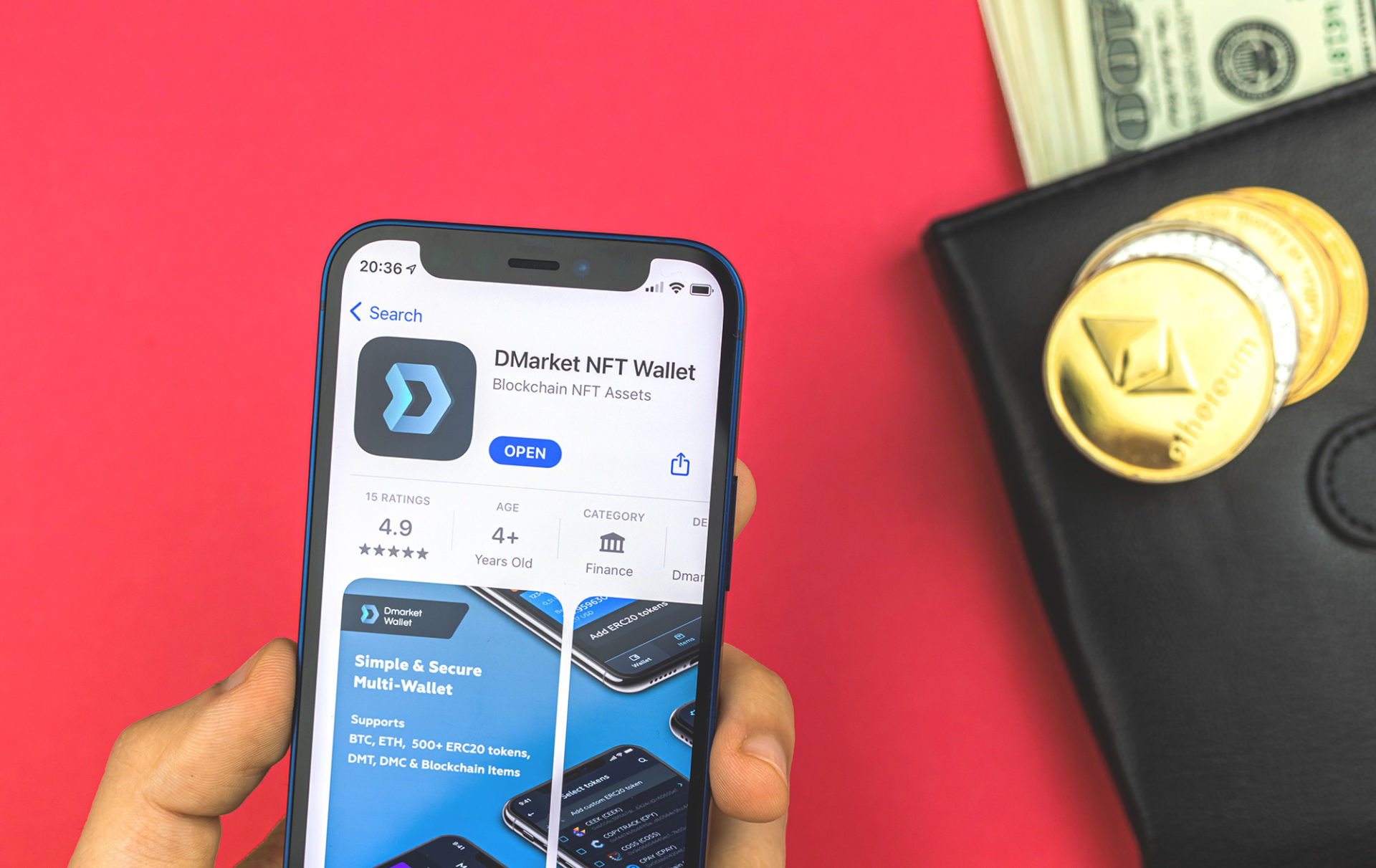
There are 3 different types of NFT wallets available:
Software wallets
Otherwise known as hot wallets, these come in the form of desktop apps, browser extensions and mobile apps and are probably the most user-friendly.
Secured by 2-factor authentication, they allow you access to your funds and NFTs wherever you are.
Hardware wallets
On the other side of the coin are hardware (aka cold) wallets. Although not as simple and straightforward to use as software wallets, they’re a lot more secure and are often used for longer-term storage of NFTs and/or crypto.
The way they work is they actually create and store your key and keep everything completely offline until you decide you want to sell or move the assets you’re storing there. This of course means they’re not able to be hacked.
Hybrid wallets
Unsure which one you want to go with? ¿Por qué no los dos? A hybrid wallet combines the best qualities of both software and hardware wallets, enabling you to leave yourself a little bit of crypto and some lower-value NFTs on the software wallet while properly securing the majority of your crypto and high-value NFTs on the hardware wallet.
How to choose the right NFT wallet
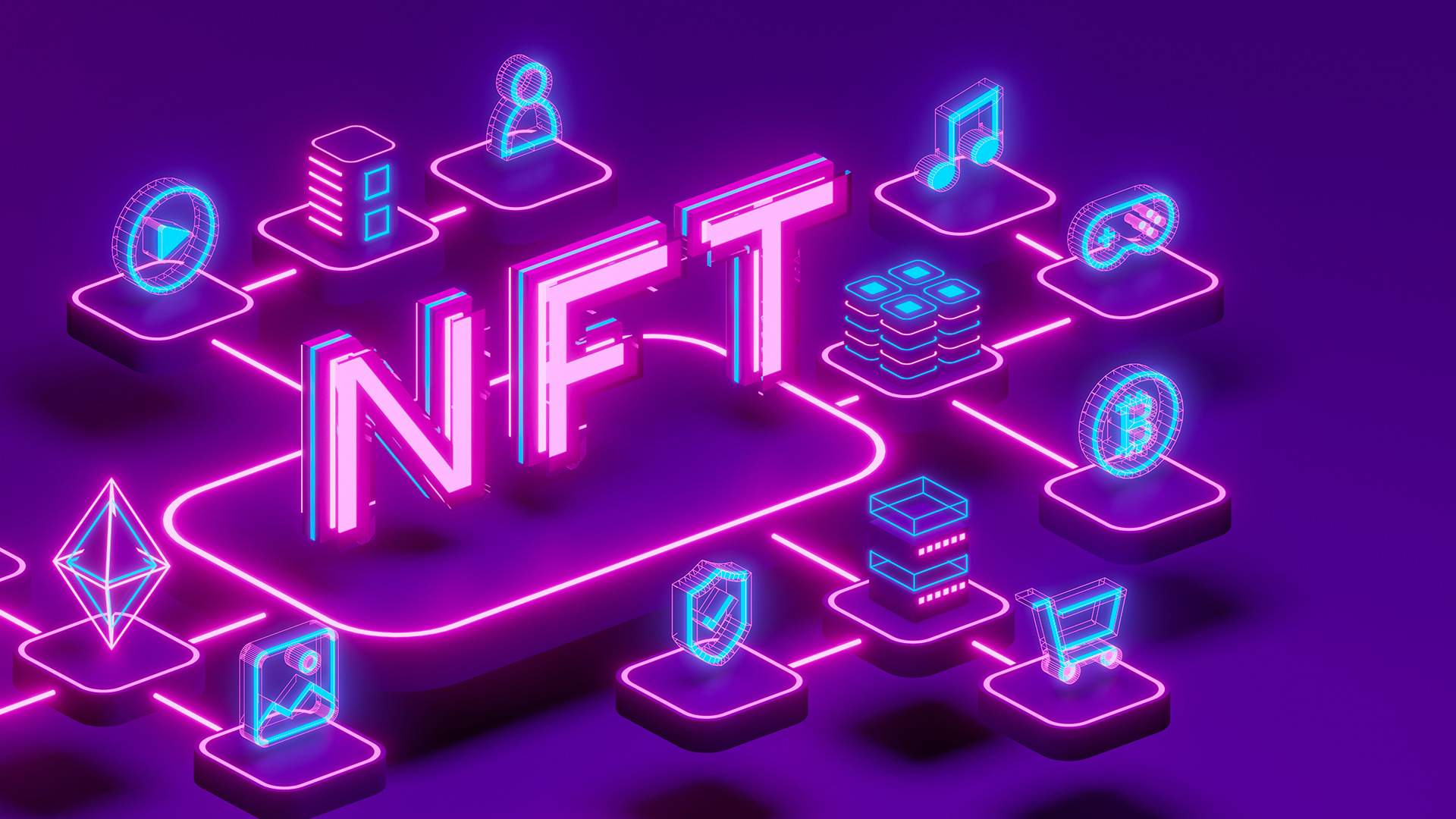
Now you’re familiar with what an NFT wallet is and the different formats you can choose between, you’ll want to be on the lookout for a few different features when it’s time to decide which one you go with.
NFT marketplace compatibility
You need to make absolutely sure that the NFT wallet you choose is compatible with the NFT marketplace you’re planning on using to mint, list and sell your digital assets. Generally, as long as it supports Ethereum you should be fine, but it’s always best to check for yourself.
Security
It’s absolutely vital that your wallet provides a high level of security through features like 2-factor authentication and quality encryption so your assets are properly protected.
Multi-chain compatibility
Although you might only be utilising the Ethereum blockchain for your NFTs, if ever you want to buy, sell and trade on another blockchain it’d be nice not to have to make another NFT wallet to support that different blockchain, wouldn’t it?
Choosing an NFT wallet with multi-chain compatibility gives you the freedom to do so right from the start.
Easy to use
When an NFT wallet has a clunky, awkward user experience it can become something of a hindrance – especially if you’re using it often. Opt for a wallet that has an intuitive interface and is easy to use.
Required financial system(s) support
If you’re planning on connecting your NFT wallet to your bank account so you can make direct withdrawals, it’s important to note that not every wallet supports this. In a similar vein, not all NFT wallets offer the ability to make payments directly from your credit/debit card.
As such, it’s important that you recognise the ‘must-have’ features that your NFT wallet has to include and make a decision based on that. Because while you might think ‘Eh, it’s fine. I can go without ABC’, it’ll probably end up being super annoying down the track.
Ask us for help setting up your NFT wallet
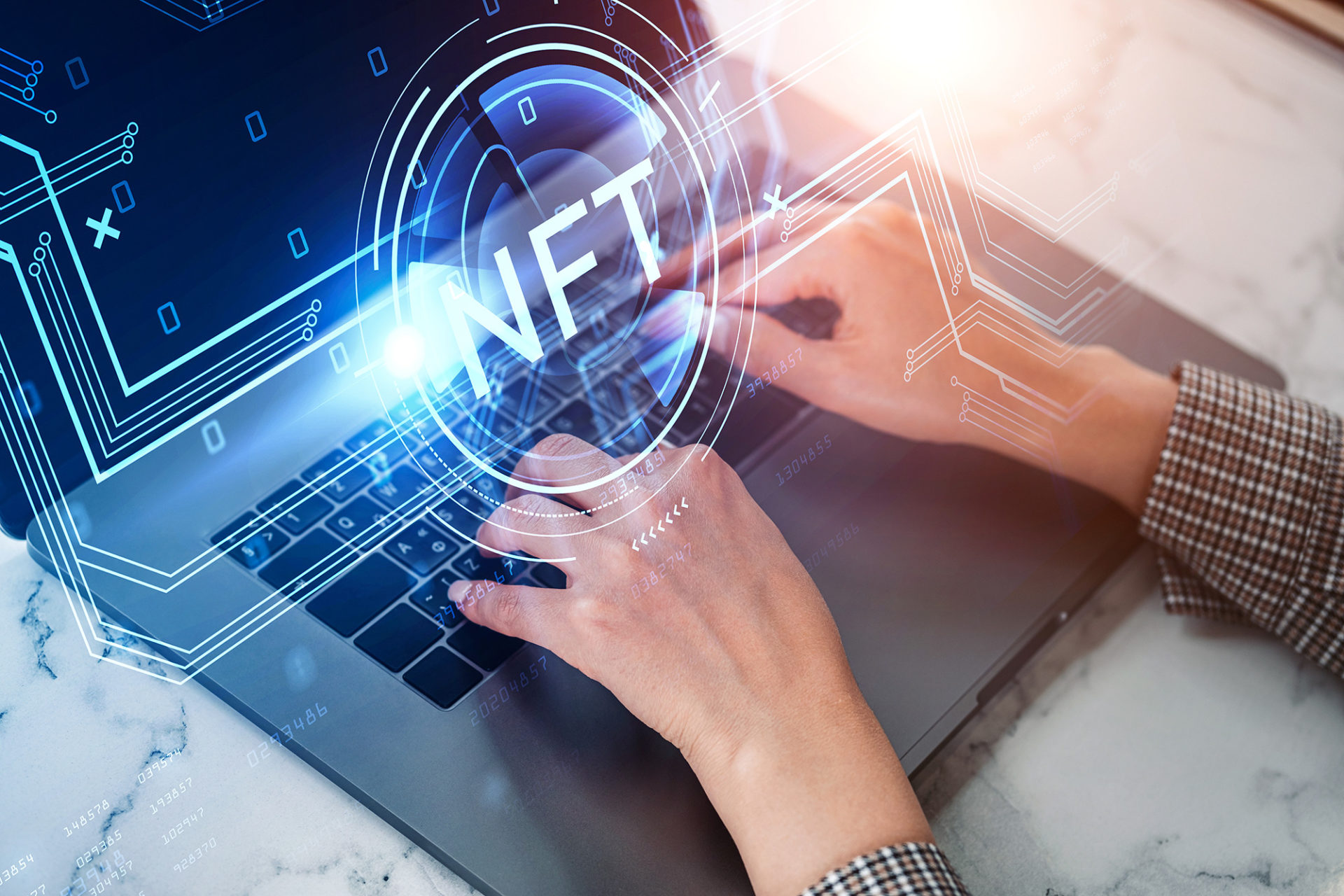
If you’re finding it a bit confusing to arrange and set up an NFT wallet that’s right for the types of NFTs you’re planning to mint, the team at Mooning is here to guide you through things. Heck, we’ll even do everything for you so you can focus on the more important things!
That’s what we’re all about at Mooning; providing a comprehensive NFT service which includes everything from setting up your wallet and minting, listing and selling to project consultation, community management and whatever else you require.
Our expertise with NFT projects knows no bounds, and we’ll exceed all your expectations.
Give us a call on 1300 818 325 to discover what we can do for your brand. If you’d prefer, message us online and you’ll hear back from us soon.
